Intro
Also called the Nordestino, Crioulo Brasileiro, Curraleiro and the Sartanejo, the Northeastern Pony is a descendant of the desert horse of North Africa.
Read more
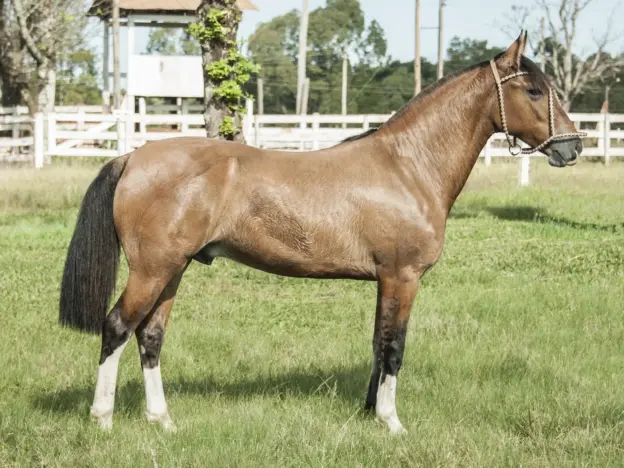
Also called the Nordestino, Crioulo Brasileiro, Curraleiro and the Sartanejo, the Northeastern Pony is a descendant of the desert horse of North Africa.
Read more
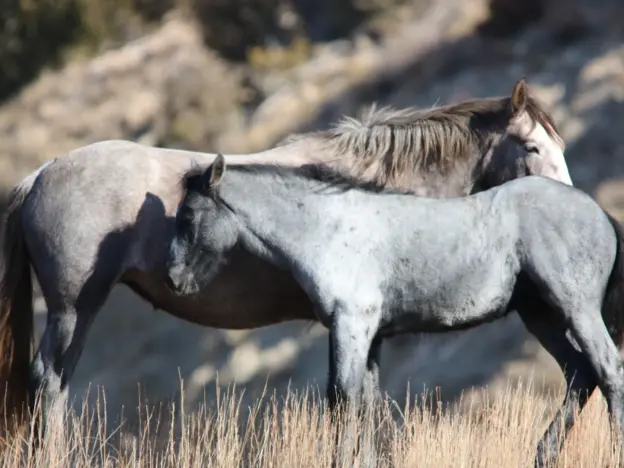
The Nokota Horse is the surviving population of wild horses in North Dakota where they have run wild (despite the enormous odds against them) for at least a century.
Read more
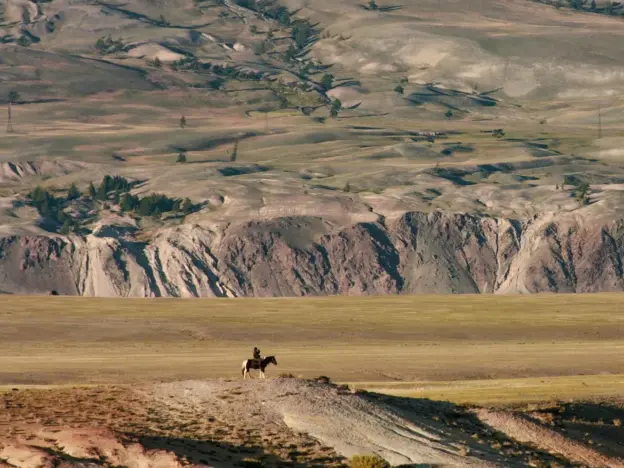
We could find very little about the Nogai Horse except that is is one of the steppe breeds found in the north of Dagestan. They don’t appear to be listed in the DAD-IS, however they are likely a strain of Dagestan Pony.
Read more
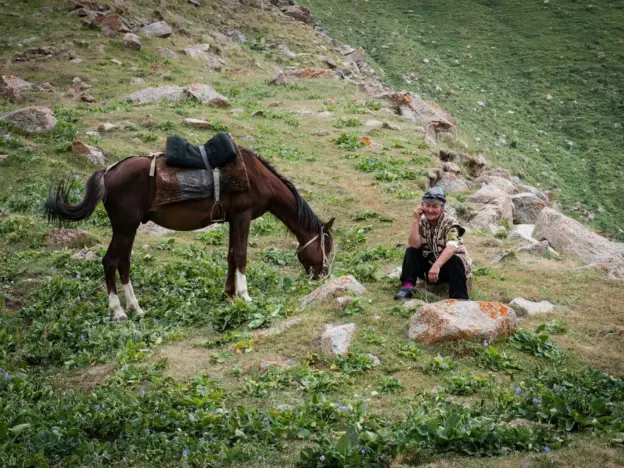
Also called Novokirgizskaya and Novokirghiz, the New Kirgiz Horse was developed using the old Kirgiz breed and was developed around 1930 in Kyrgyzstan.
Read more
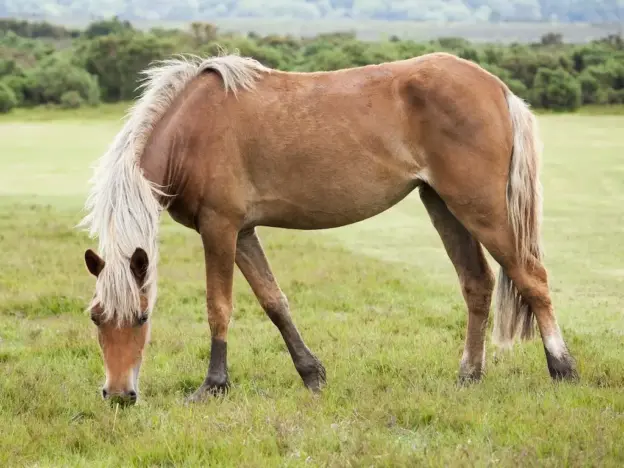
Wild ponies have been roaming the New Forest on the coast of southwest Hampshire in England for as long as anyone can remember and this is an ancient northern pony breed.
Read more
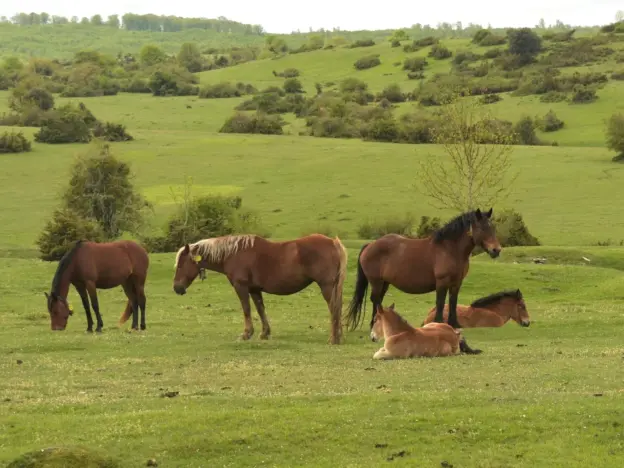
Also called the Navarran, Navarrais and Navarre, the Jaca Navarra comes from Navarre which is in the western Pyrenees of northern Spain.
Read more
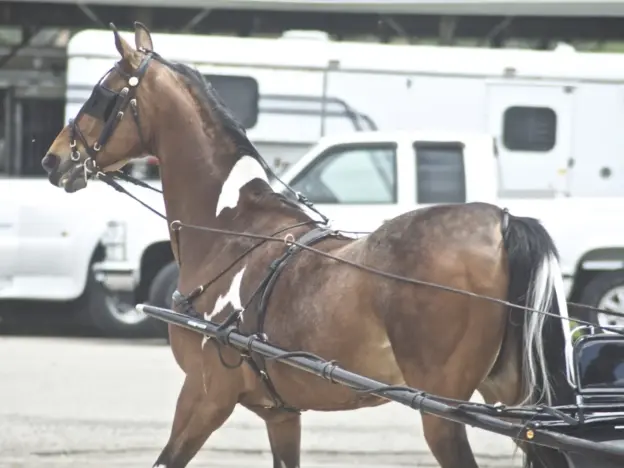
The National Show Horse was the brainchild of Gene LaCroix who combined the hardiness and refinement of Arabians with the flashy action and electric attitude of American Saddlebreds.
Read more
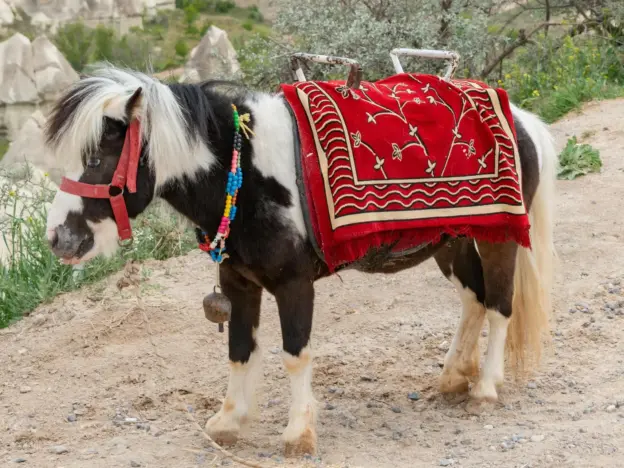
Also called the Ege Midillisi and Ayvacik Midillisi, the Mytilene horse is a small horse or large pony native to Midillisi island off the coast of Turkey.
Read more
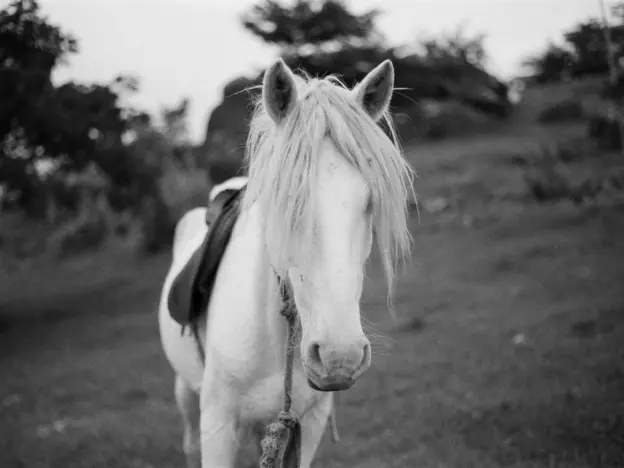
Also known as the Kirdi, Cameroon, Lakka, Logone, Mbai, and Mussey, the Mousseye Pony comes from the Logone River in the sub-Sahel region of Cameroon. They are named for the Mousseye tribe in southeastern Cameroon who raise them.
Read more
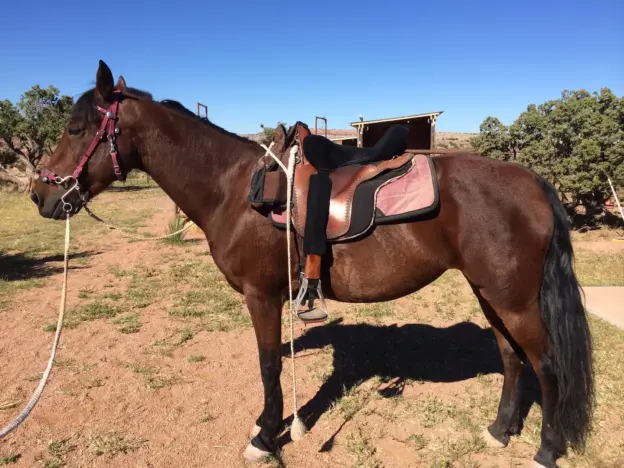
The first documented American breed, Morgan horses owe their lineage to the original stud, Figure and his owner Justin Morgan. The Morgan blood has been a contributor to other North American breeds like Saddlebreds, Standardbreds and Tennessee Walking horses.
Read more